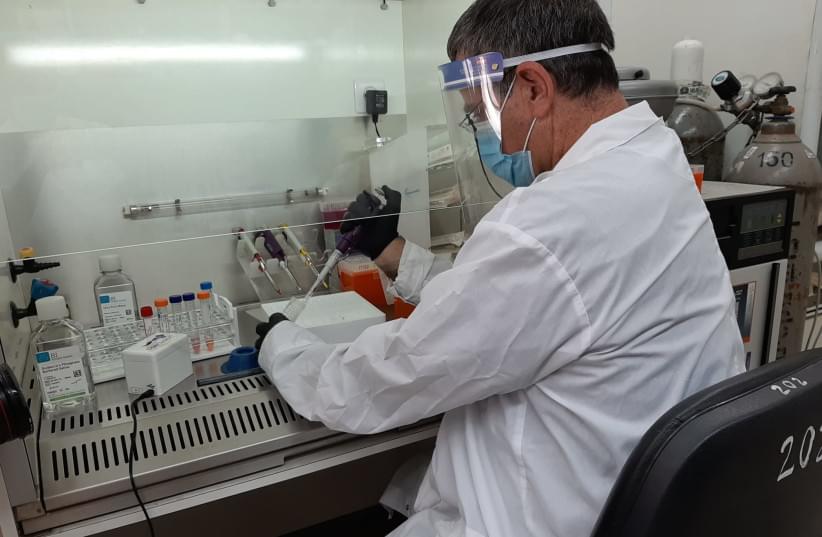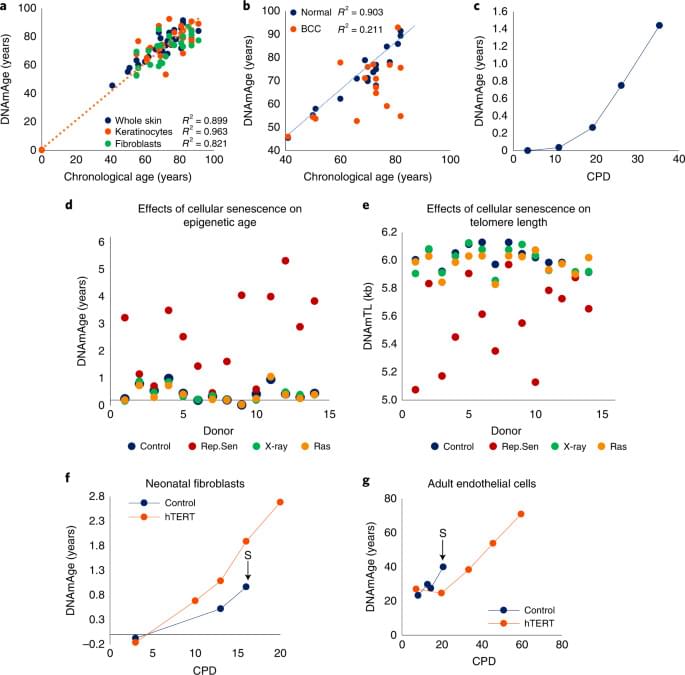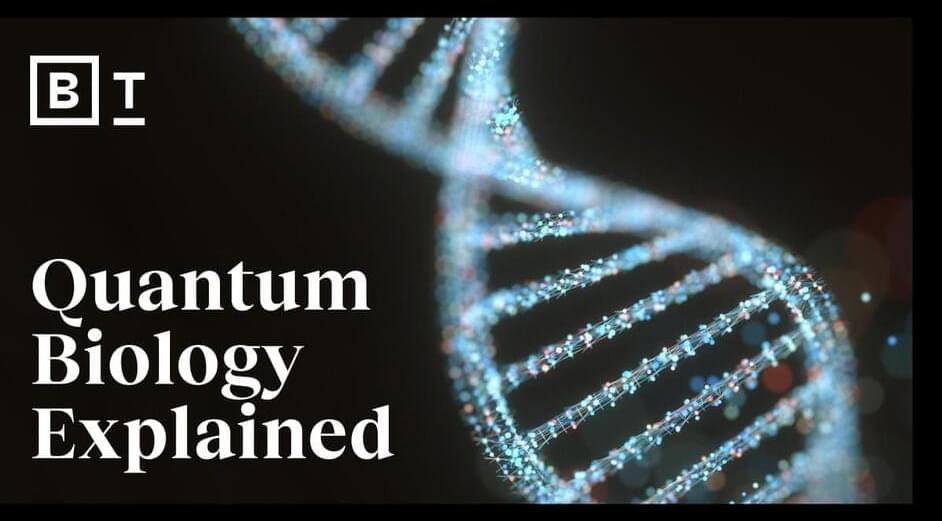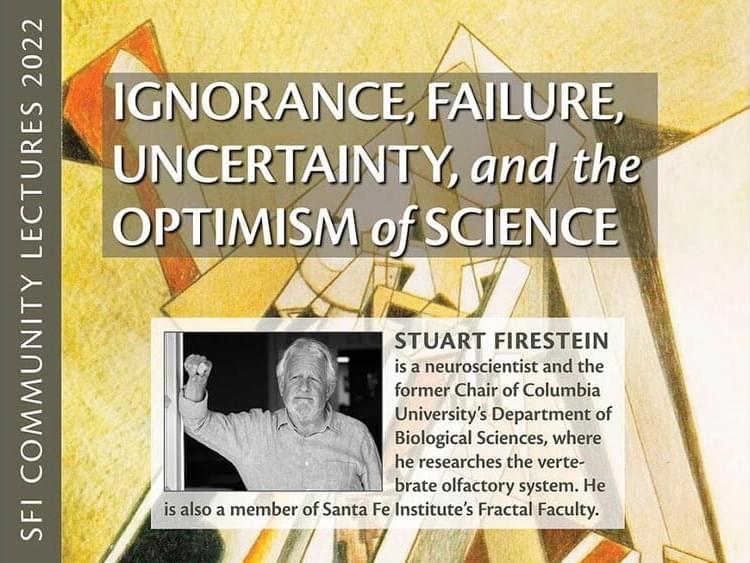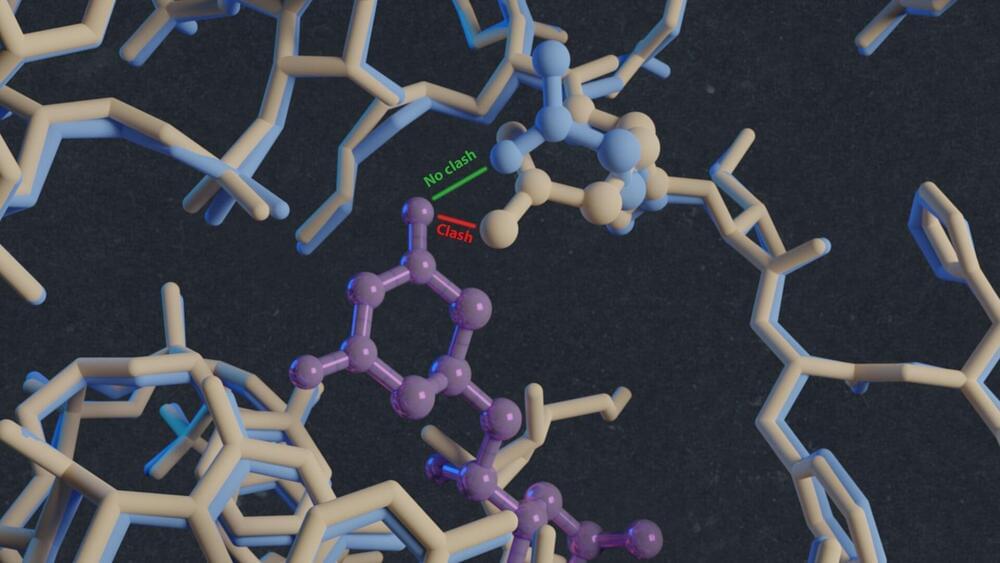Jun 2, 2022
How electric fish were able to evolve electric organs
Posted by Shubham Ghosh Roy in categories: biotech/medical, evolution, genetics, sex
Electric organs help electric fish, such as the electric eel, do all sorts of amazing things: They send and receive signals that are akin to bird songs, helping them to recognize other electric fish by species, sex and even individual. A new study in Science Advances explains how small genetic changes enabled electric fish to evolve electric organs. The finding might also help scientists pinpoint the genetic mutations behind some human diseases.
Evolution took advantage of a quirk of fish genetics to develop electric organs. All fish have duplicate versions of the same gene that produces tiny muscle motors, called sodium channels. To evolve electric organs, electric fish turned off one duplicate of the sodium channel gene in muscles and turned it on in other cells. The tiny motors that typically make muscles contract were repurposed to generate electric signals, and voila! A new organ with some astonishing capabilities was born.
“This is exciting because we can see how a small change in the gene can completely change where it’s expressed,” said Harold Zakon, professor of neuroscience and integrative biology at The University of Texas at Austin and corresponding author of the study.

